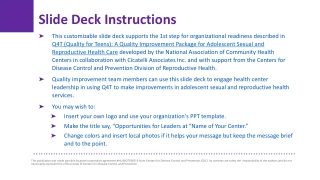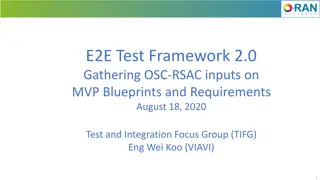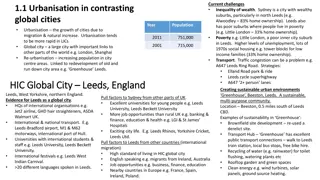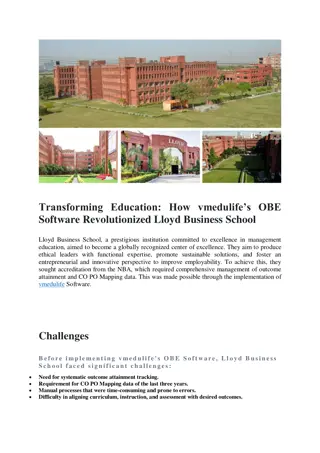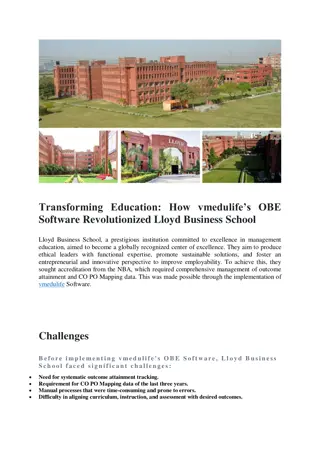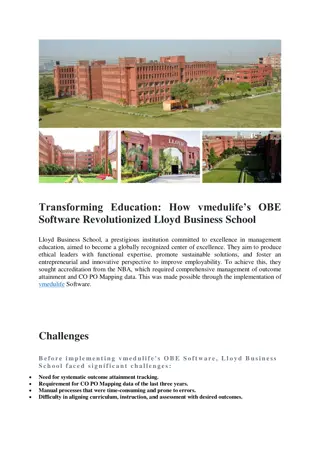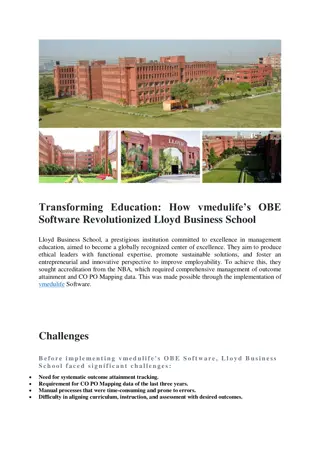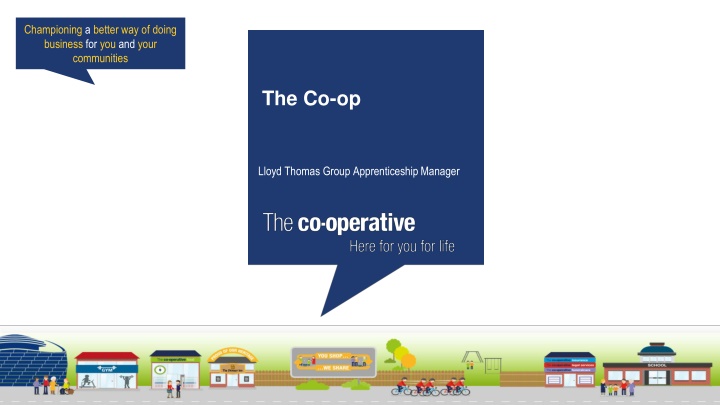
Co-op - Pioneering Better Business Practices for Communities
Empowering communities through innovative business models, Co-op Lloyd Thomas Group drives social impact with a vast retail network. Learn about their commitment to apprenticeships, the evolving retail industry, and their role in shaping the future.
Download Presentation

Please find below an Image/Link to download the presentation.
The content on the website is provided AS IS for your information and personal use only. It may not be sold, licensed, or shared on other websites without obtaining consent from the author. If you encounter any issues during the download, it is possible that the publisher has removed the file from their server.
You are allowed to download the files provided on this website for personal or commercial use, subject to the condition that they are used lawfully. All files are the property of their respective owners.
The content on the website is provided AS IS for your information and personal use only. It may not be sold, licensed, or shared on other websites without obtaining consent from the author.
E N D
Presentation Transcript
Championing a better way of doing business for you and your communities The Co-op Lloyd Thomas Group Apprenticeship Manager
Who are we? The Co-op is one of the world s largest consumer co-operatives, owned by more than eight million members. It is the UK s fifth biggest food retailer operating across the country with almost 2,800 local, convenience and medium-sized stores. Amongst its other wholly-owned businesses are the UK s number one funeral services provider, a major general insurer and a developing legal services business. The Group also has a minority shareholding in The Co-operative Bank and a joint- venture travel business with Thomas Cook. As well as having clear financial and operational objectives, the Group, which operates 3,500 outlets and employs approaching 70,000 people, is a recognised leader for its social goals and community-led programmes.
Does the retail industry need apprenticeships? Numbers employed in retail have declined since 2008 but the incidence of low pay have been rising in retail for several years BRC predict that together these effects could mean there are as many as 900,000 fewer jobs in retail by 2025 but those that remain will be more productive and higher earning . Cost pressures have increased markedly at a time when growth in consumer expenditure has been subdued The rate of change within the workforce is now set to quicken as the digital revolution reshapes the industry, assisted by many more leases being up for renewal and accelerated by the diverging costs of labour versus technology The retail industry is supportive in principle of the National Living Wage but the effects on employment have been underestimated
How have we been involved in Apprenticeships Initial aspiration to create 2000 Apprenticeships over 3 years 2012-2014 Over 3000 Apprenticeships since the beginning of the programme Created 3 specific funeral Apprenticeship pathways to support Co-op Funeralcare Chaired the Retail Trailblazer About to pilot the new Retailer Apprenticeship standard within our Food Stores Apprenticeship Ambassador for the North West National Apprenticeship Awards judge Member of the Taskforce for the visitor economy sector
Trailblazers The Richard Review found that there were key areas of the programme where significant improvements could be made to make it more rigorous and responsive to the needs of employers which will, in turn, help to drive growth in the number of apprenticeships. Our plans for implementing these reforms are set out in The Future of Apprenticeships in England: Implementation Plan2, published in October 2013. The key measures aim to: Put employers in the driving seat. Apprenticeships will be based on standards designed by employers, making them more relevant and therefore more attractive to existing and new employers. Increase the quality of apprenticeships. An apprentice will need to demonstrate their competence through rigorous and holistic assessment. This will focus on the end of the apprenticeship to ensure that the apprentice is ready to progress. Simplify the system. The new employer-designed standards will be short and easy to understand. They will describe the skills, knowledge and behaviour that an individual needs to be fully competent in an occupation. Give employers purchasing power. Putting control of government funding for the external training of apprentices in the hands of employers, to empower businesses to act as customers, driving up the quality and relevance of such training.
New Apprenticeship Standards NO mandatory qualifications Employer must be confident that the apprentice is competent according to the apprenticeship standard Independent end assessment Establish a genuine need for training of at least 12 months in a new job role Method of training is flexible Graded: pass or distinction English and maths Existing Apprenticeship Frameworks Prescribed qualifications Provider led assessment of apprentice for each component of the framework All components of the framework achieved Initial Employees Rights and Responsibilities assessment English and maths
Retail Trailblazer and the reformed standards Chaired the Retail Trailblazer 3 new standards written and 3 assessment plans to support Pilot of 40 direct hire level 2 in Food Stores commenced in April 2016 Pilot of level 3 in September with existing Team members Simple to use and map to existing learning Focus on the ability to do a role rather than achieve a qualification/framework Looking at level 6 CMI Degree level Apprenticeship for logistics Funeral arranger and Funeral Director standards have been agreed and are currently in development which we will be supporting
Planning for the future Plug identified skills gaps across all Business Areas using apprenticeship frameworks/standards Bring in new young talent into the Group on a structured development path Incorporate where possible professional qualifications that sit within apprenticeship frameworks (CIPD, AAT, CII) Up-skill and train existing staff to support their onward development Recruitment of Emerging Talent Potential to deliver L6/L7 Degree apprenticeships as part of a cohort Graduate/School leaver programme

